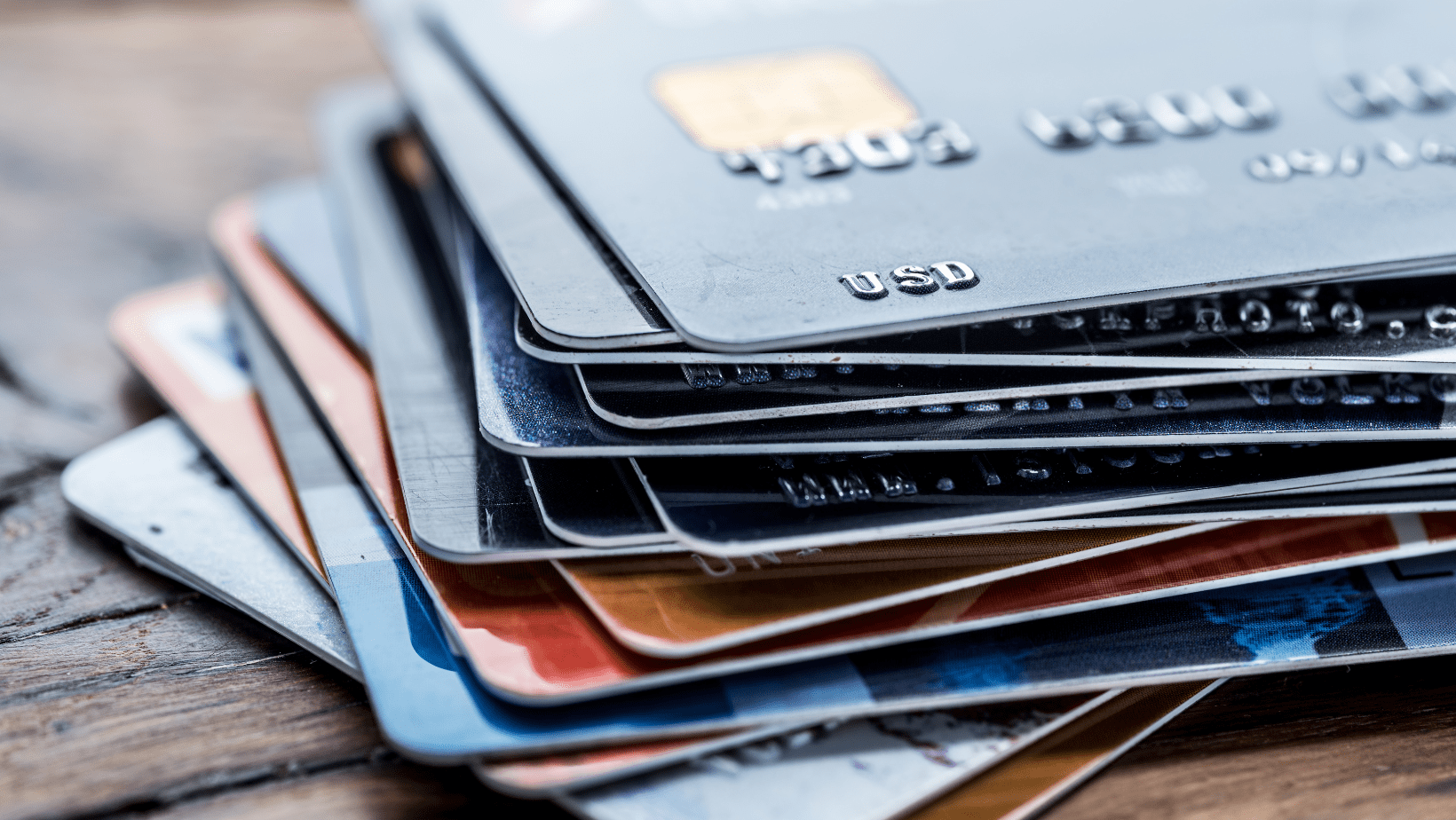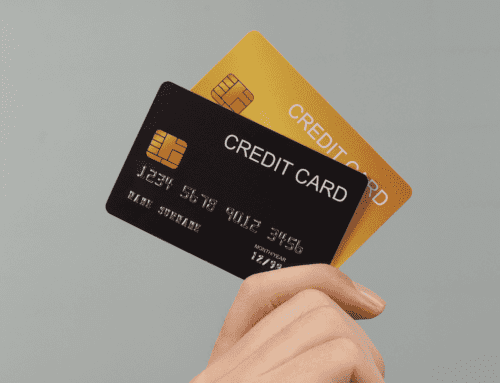
Credit cards aren’t for everyone, but if you decide to get one, make sure you choose a credit card that works best for you.
Shopping with a credit card is a snap, but shopping for the card that’s right for you is another matter. Ask yourself these questions:
- Why do you need a credit card?
- Will you pay your credit card bills in full and on time each month?
The answers can help you choose a card that will help you use credit at the lowest cost.
A World of Options
Not all credit cards are the same. With traditional credit cards, such as MasterCard, Discover, and Visa, you can charge up to a certain dollar amount, called your credit limit or spending limit. This limit is generally between $500 and $10,000, depending on your credit history. The better your credit history, the higher your spending limit.
Credit or Spending Limit. The total amount you can charge on a credit card.
Credit history. This tracks how responsible you have been with your credit. Paying on time, paying in full, and not maxing out your limits are good for your credit history. Late payments, missing payments, and maxing out your limits are bad for your credit history.
You have the choice of paying your entire bill each month, or paying what you owe over time. But you have to pay at least the minimum payment each month or you’ll face a late payment fee, often $25 or more.
Minimum payment. The amount you must pay by the due date. If you don’t pay at least this amount, you may be charged a late payment fee on your next bill.
Late payment fee. The fee you may be charged if you don’t pay the minimum balance by the due date.
A charge card has no interest, but you must pay the full balance every month. There’s usually no spending limit for charge cards, but these cards typically have a high annual fee. Often charge cards require an excellent credit history.
Annual fee. The flat rate you pay per year to use the card. It’s often between $25 and $50. Some cards have no annual fee while others will charge even more than $50.
Some credit cards are cosponsored by a bank or credit union, and another company, such as an airline, car manufacturer, non-profit organization, or website. The card issuer handles the billing, while the cosponsoring company offers perks, like travel points toward airline trips. Often, you have to charge a large amount before you get any benefit from using the card.
Many retail stores, from giants like Target to local specialty shops, offer retail credit cards. These cards often offer special perks when used at their store, but may have high annual percentage rates or APRs.
Annual percentage rate (APR). The cost of using credit, expressed as a yearly rate.
In Your Best Interest
Unless you always pay your balance in full, you should look first at a credit card’s interest rate. The rate you pay is a major factor in determining how much credit can cost you. The higher the interest rate the more money you will pay in interest over time.
Some credit cards offer low initial interest rates, called teaser rates. These apply for at least six months, but after that you may have to pay significantly higher rates.
Teaser rates. A lower interest rate offered for a limited time that entices people to get the card.
Interest rates for cards can change over time. You will be notified when a change happens. A variable rate card can change at any time, and a fixed rate card can change as well, but you’ll be given at least 45 days’ notice when your rates are going to change.
Fixed or Variable rates. A variable rate card can change the interest rate at any time, A fixed rate gives you a long notice period before changing the rate.
Grace Periods
If you always pay in full, look for a card with a grace period. That’s the amount of time you have between the date you receive the bill and the date the payment is due. If you’ve paid your previous balance in full and on time, no interest is charged on purchases you’ve made during the billing period. But if a card has no grace period, then you’ll be charged interest from the moment you buy something until you pay your credit card bill, even if you paid your last balance in full.
Grace period. The number of days you have to pay your bill without owing interest.
Secured Cards
If you’re turned down for a credit card, investigate a secured credit card. Secured cards work the same way as regular credit cards, with one twist: You have to open an interest-bearing account, like a savings account, with the bank that issues the card, and they require a security deposit that matches the credit limit. If you don’t make your payments on time, the bank will take the amount you owe out of your security deposit. But if you use the card regularly and pay on time, you can use this card to build your credit history and eventually become eligible for a regular credit card.
Secured Credit Card. A card that has a bank account connected to it that will cover any missed payments.
Choose the Card That’s Right for You
Credit Cards can be a good way to build a good credit history or help out in an emergency, but can also cost you more in the long run. Now that you know how credit cards work, you can choose a card that fits your situation, or decide you don’t need a credit card at all.
While we hope you find this content useful, it is only intended to serve as a starting point. Your next step is to speak with a qualified, licensed professional who can provide advice tailored to your individual circumstances. Nothing in this article, nor in any associated resources, should be construed as financial or legal advice. Furthermore, while we have made good faith efforts to ensure that the information presented was correct as of the date the content was prepared, we are unable to guarantee that it remains accurate today.
Neither Banzai nor its sponsoring partners make any warranties or representations as to the accuracy, applicability, completeness, or suitability for any particular purpose of the information contained herein. Banzai and its sponsoring partners expressly disclaim any liability arising from the use or misuse of these materials and, by visiting this site, you agree to release Banzai and its sponsoring partners from any such liability. Do not rely upon the information provided in this content when making decisions regarding financial or legal matters without first consulting with a qualified, licensed professional.



